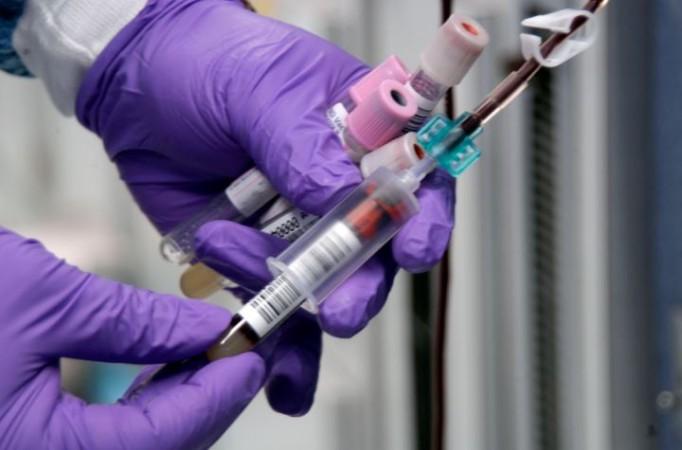
A 14-year-old boy in Kolkata has survived a rare "brain-eating" disease called primary amoebic meningoencephalitis (PAM), making it one of the few cases of survival for a disease that has a mortality rate of over 97%.
The case was reported in Kolkata's Calcutta Medical Research Institute (CMRI) hospital in October last year, when the teenager was brought with early symptoms of the disease — headache and vomiting. Two weeks ago, he was declared to have recovered completely, Dr Sushmita Banerjee, a paediatric nephrologist who treated the boy along with a team of doctors, told IBTimes India.
Primary amoebic meningoencephalitis (PAM) occurs when an amoeba called Naegleria fowleri, which is found in some water bodies or in the soil, enters the body through the nose and affects the central nervous system. It is commonly referred to as a "brain-eating" disease because it is known to damage cerebral tissue.
The Kolkata boy was an active swimmer, the doctors were told, and when the report of his lumbar puncture test — a procedure concudted to collect and look at the fluid, called cerebrospinal fluid, surrounding the brain and spinal cord — came back with abnormal readings after only one day of fever, Dr Banerjee called for a PAM test, the CMRI hospital said in a statement.
The test reports showed the deadly "brain-eating" amoeba floating in the cerebrospinal fluid sample.
"We immediately began treatment with the main medicine available for the disease, but the toxic drug led the boy to have kidney failure, which is why we had to stop the medication," Banerjee said.
After studying literature available on this rare infection, the doctors decided to procure the Miltefosine drug. However, it was not available in the market and the hospital approached the West Bengal government for help.
"CMRI immediately contacted the Department of Health and Family of the Government of West Bengal for the drug. The Directorate of Health provided quick and speedy delivery of the drug, which was being used in another health scheme on field," the hospital said.
Miltesofine was administered to the boy along with two other recommended drugs, and within 14 days, the patient's kidney stabilised. Within three weeks, the boy started recovering and was discharged within a month.
"We can now say he has recovered 100% after the final reports came this month," Dr Banerjee said.
"A very early diagnosis, the support from the Health Ministry in procuring rare drugs and the work of the doctors and experts from the hospital helped make this a rare case of survival for PAM," she added.
The survival is a medical feat given that there have only been three cases of survival of PAM patients in India, according to a 2012 report of the Indian Journal of Critical Care Medicine. In the United States, there have been three survivors out of 133 cases reported between 1962 and 2014, according to the US Centres for Disease Control and Prevention.









